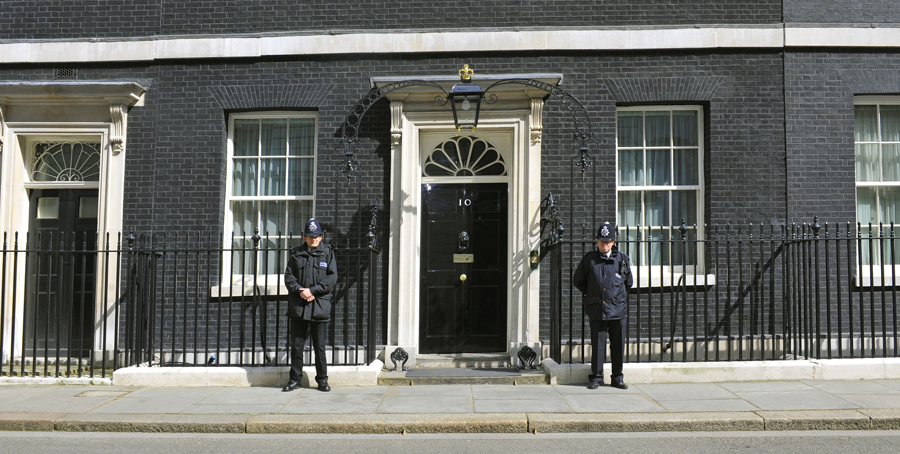The new Prime Minister, Boris Johnson, has pledged to invest £14.4 billion into primary and secondary education between now and 2022-23.
The huge three-year funding increase will guarantee that schools teaching pupils between the ages of five and 16 in England will receive an above-inflation pay rise for every teacher.
The money covers real-terms rises in school budgets due to factors such as inflation, increases in the pupil population as well as additional extra funding.
In addition to the funding pot, £1.5 billion each year will be put into teachers’ pensions.
The government has said that this means that their overall three-year funding package totals £18.9 billion. The funding package for primary and secondary will include £2.6 billion for 2020/21, £4.8 billion for 2021/22 and £7.1 billion for 2022/23. This will bring the schools budget to £52.2 billion, against £47.6 billion in 2020/21.
The announcements also includes £700m extra for children with special educational needs and disabilities in 2020-21.
The prime minister said he wanted to “ensure all young people get the best possible start in life. That means the right funding”.
“We should not accept the idea that there can be ‘winners or losers’ when it comes to our children’s futures,” said Mr Johnson.
“That’s why we are providing additional funding now and for the future for every school, with those historically underfunded receiving the greatest increase.”
The Education Secretary Gavin Williamson echoed the PM’s remarks, claiming that the package would make “an enormous impact in every single school in this country”.
School leaders have welcomed the fresh investment following years of protesting about funding shortages – with head teachers having had to write to millions of parents with warnings about their school running out of cash.
However, the Institute for Fiscal Studies says the funding increase should be enough to restore school spending to pre-austerity levels.

